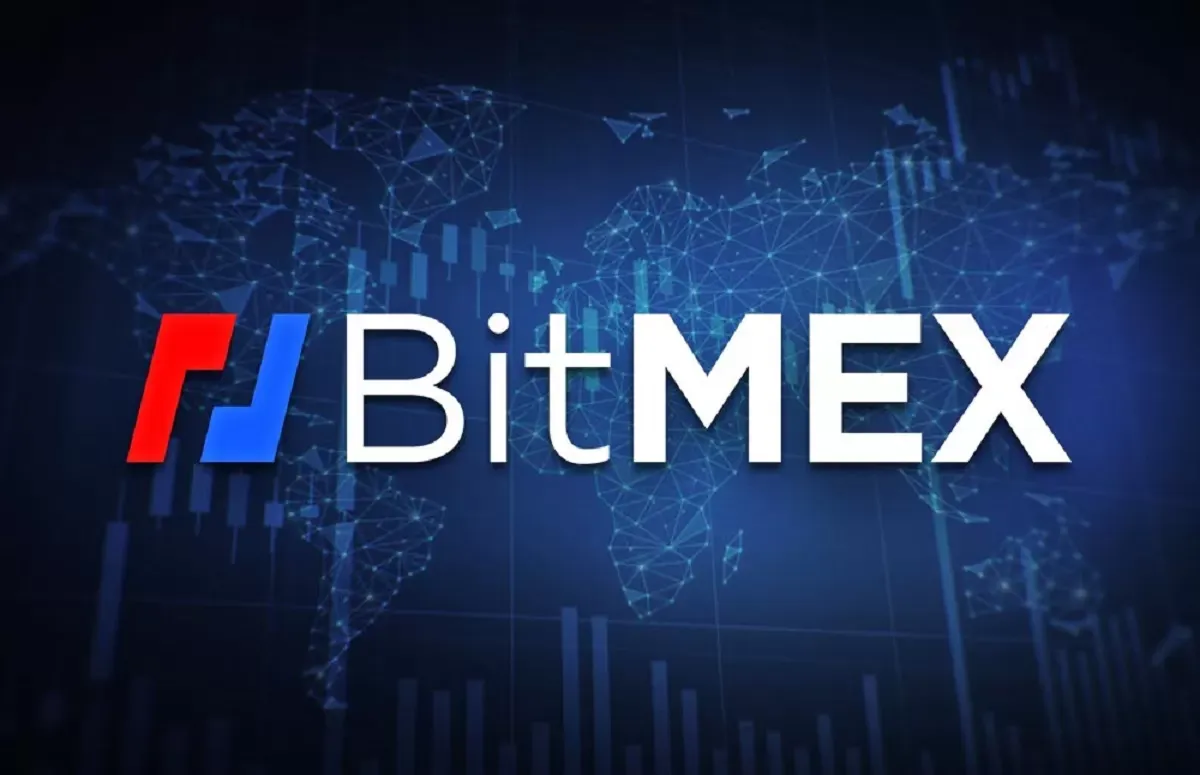Bitcoin exchange BitMEX pleaded guilty to bank secrecy law charges
The U.S. Department of Justice announced today that cryptocurrency exchange BitMEX was found guilty of violating the Bank Secrecy Act
The U.S. Department of Justice announced today that cryptocurrency exchange BitMEX was found guilty of violating the Bank Secrecy Act by failing to establish, implement and maintain an adequate anti-money laundering (AML) program, and BitMEX pleaded guilty to that charge.
U.S. Attorney Damian Williams said:
“As BitMEX's founders and longtime employee admitted in federal court in 2022, the company, one of the world's leading cryptocurrency derivatives platforms from 2015 to 2020, operated in the United States without a meaningful anti-money laundering program as required by federal law. also operated.
As a result, BitMEX has opened itself up as a vehicle for large-scale money laundering and sanctions evasion schemes, posing a serious threat to the integrity of the financial system.
“Today's guilty plea shows once again that cryptocurrency companies must comply with US laws if they benefit from the US market.”
According to the information and allegations contained in the investigation file, “Arthur Hayes, Benjamin Delo and Samuel Reed founded BITMEX around 2014, and Gregory Dwyer became BITMEX's first employee and later Head of Business Development in 2015. It has been serving US traders for a long time BITMEX, which issues and solicits business from and also operates through U.S. offices, was required to register with the Commodity Futures Trading Commission (CFTC) and establish and maintain an adequate AML program.
The company and its executives knew that because BITMEX operated in the United States and served U.S. customers, it needed to implement an AML program that included a know your customer (KYC) component, but the company executives knew that because BITMEX operated in the United States it would not be able to implement such programs. “Despite knowing its obligation, BITMEX did not enforce the requirements of US law, such as AML and KYC requirements.”






